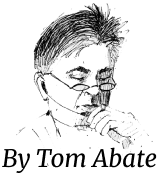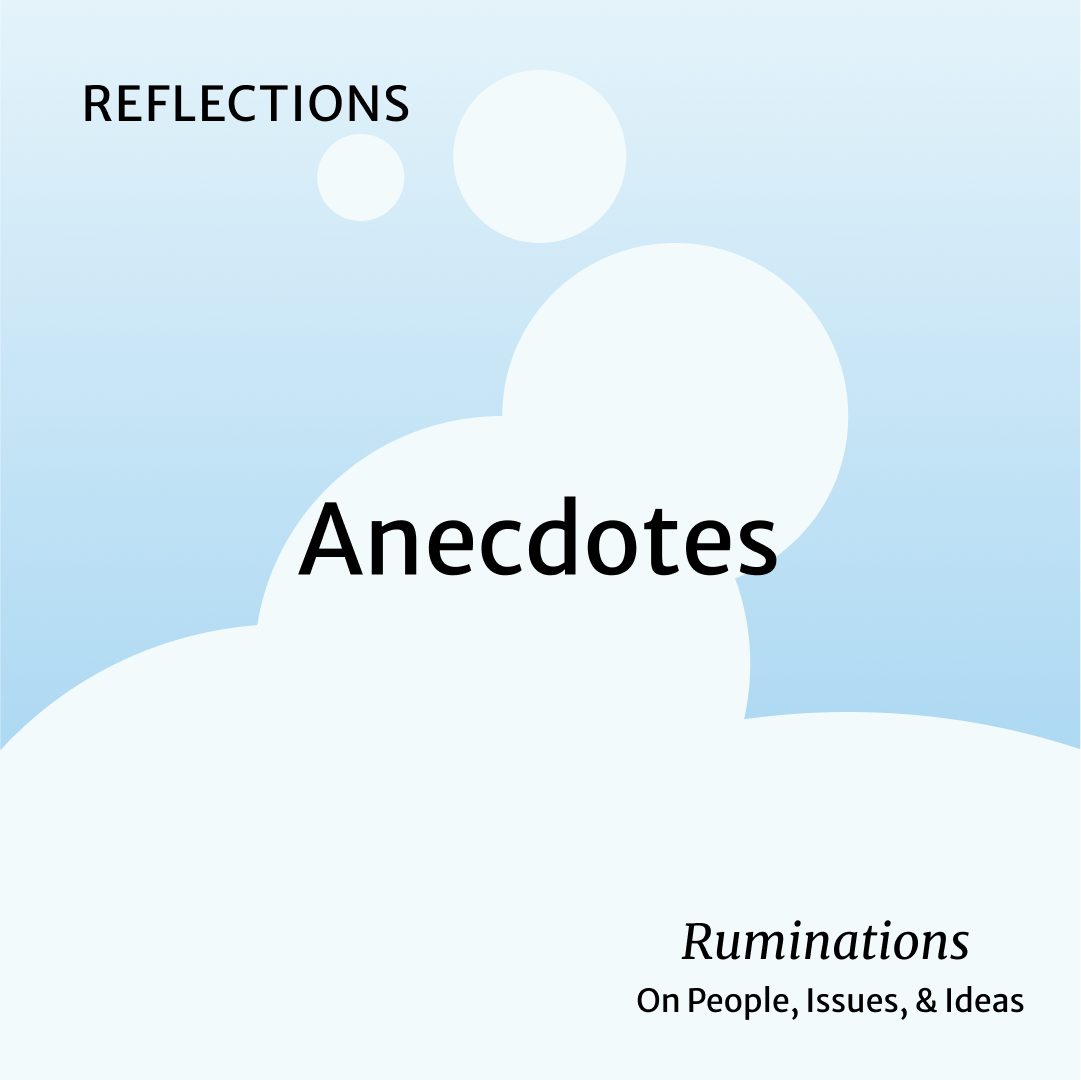It had been the stranger across the table who started a conversation that veered toward irony this Fourth of July weekend. “Smoke not good,” he had said, in accented English. “Too much particulate matter.”
We were seated at an outdoor coffee shop and the breeze had carried the scent past him a moment before it reached me. “Barbeque?” he guessed.
I sniffed and shook my head. “Paper,” I replied, then made the leap from his black hair and Asian features to ask, “You from China?”
“Vietnam,” he said proudly, and thereafter the visitor needed little coaxing to offer a capsule of his life story.
He was in the United States on business but would return to Saigon, he had said, using the name that Vietnamese in the north and south still commonly applied to what government documents and newspapers referred to as Ho Chi Minh City.
He was a pensioner with the means and opportunity to travel abroad, who had been working with collaborators from North and South America, as well as Europe, experiences that had filled him with optimism and enthusiasm.
He had spoken loudly enough to be overheard by another coffee shop patron, a man in jogging shorts and a sweaty t-shirt, who came over to say how much he had enjoyed touring Vietnam some years earlier. The conversation became animated and casual as the man recalled staying in guest homes for $10 a night and eating healthy food so cheap and plentiful that he had had to work off the calories by taking long walks in Hue, seat of the pre-colonial Vietnamese monarchy, before boarding an intercity bus with fully reclining seats to ride north to the modern capitol of Hanoi.
The third man had heard our Vietnamese visitor say he was drawing a pension and asked, “How old are you?” When the visitor replied, “Sixty-two,” the jogger whistled appreciatively. “You look a lot younger than your age,” he had said as he rose to explain that he had to run home to dress for a business meeting.
In the lull that followed his departure I asked my new friend where he had learned such excellent English.
“Long story,” he said, then proceeded to tell it.
He had been 15 when Saigon fell, ending the war with the United States. During high school the communist Vietnamese government had required that he study Mandarin as a second language. By the time he started college in 1978, the language requirement had changed to Russian. But almost before his studies began, he was called up to serve in the Army. After China invaded the northern border of Vietnam in February 1979, all able-bodied men had been hastily mobilized, given two weeks of basic training to familiarize them with military discipline and the AK-47, then sent to a prepare a fallback position should the Chinese break through the Vietnamese regulars at the front.
“We dug tunnels and trenches on low hills,” he said. “We thought nothing about our lives or futures. We were prepared to die.”But the Chinese soon withdrew from Vietnam, the draftees were demobilized, and he had gone back to mastering Russian. In the early ‘90s he decided to study English. “It was very difficult. There were no tapes or books. I took some private evening classes, but I had to teach myself.” Now he was financially comfortable and free to pursue his own interests, which included sharing his experiences with young people. “I want them to think,” he said pointing tapping his head with the index fingers of both hands. “What do you want young people to think about?” I had asked. He thought for a moment before he replies. “I want them to think about the environment of Vietnam. And I want them to work for democracy.” his voice trailed off. “Maybe in 10 or 15 years.” His voice trailed off. We met during a week in which a congressional committee, derided by some as a partisan exercise, heard sworn testimony that a former president had tried to grab the steering wheel of his limousine to join the mob he had urged to march on the Capitol to stop members of the House and Senate from certifying the results of an election that he continues to insist, and many American still believe, had been stolen. I smiled, and nodded, but said nothing, keeping private a conviction born of my own patriotism and optimism, that my fellow American will not discard a free tradition to which so many people around the world can merely aspire.


